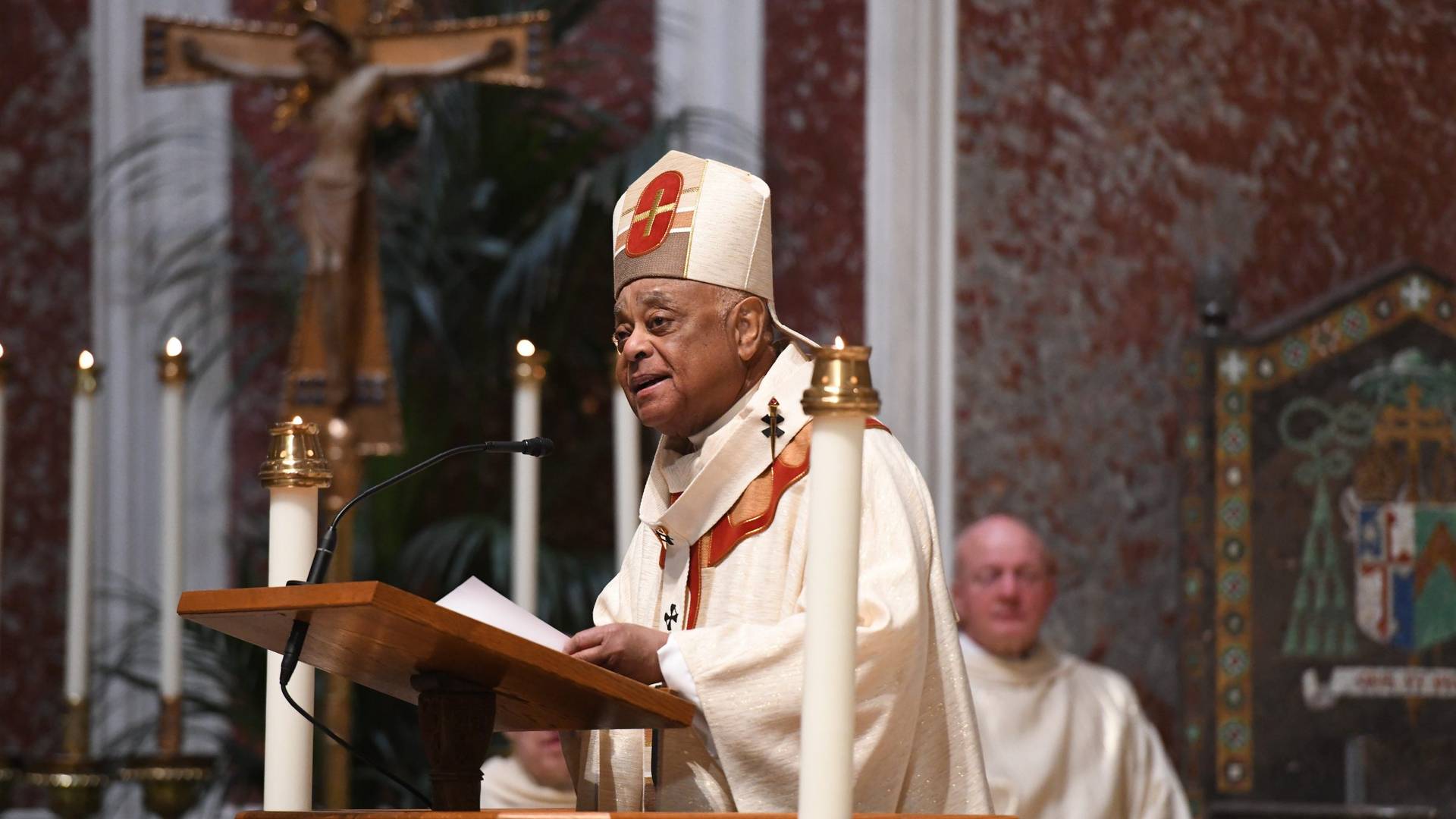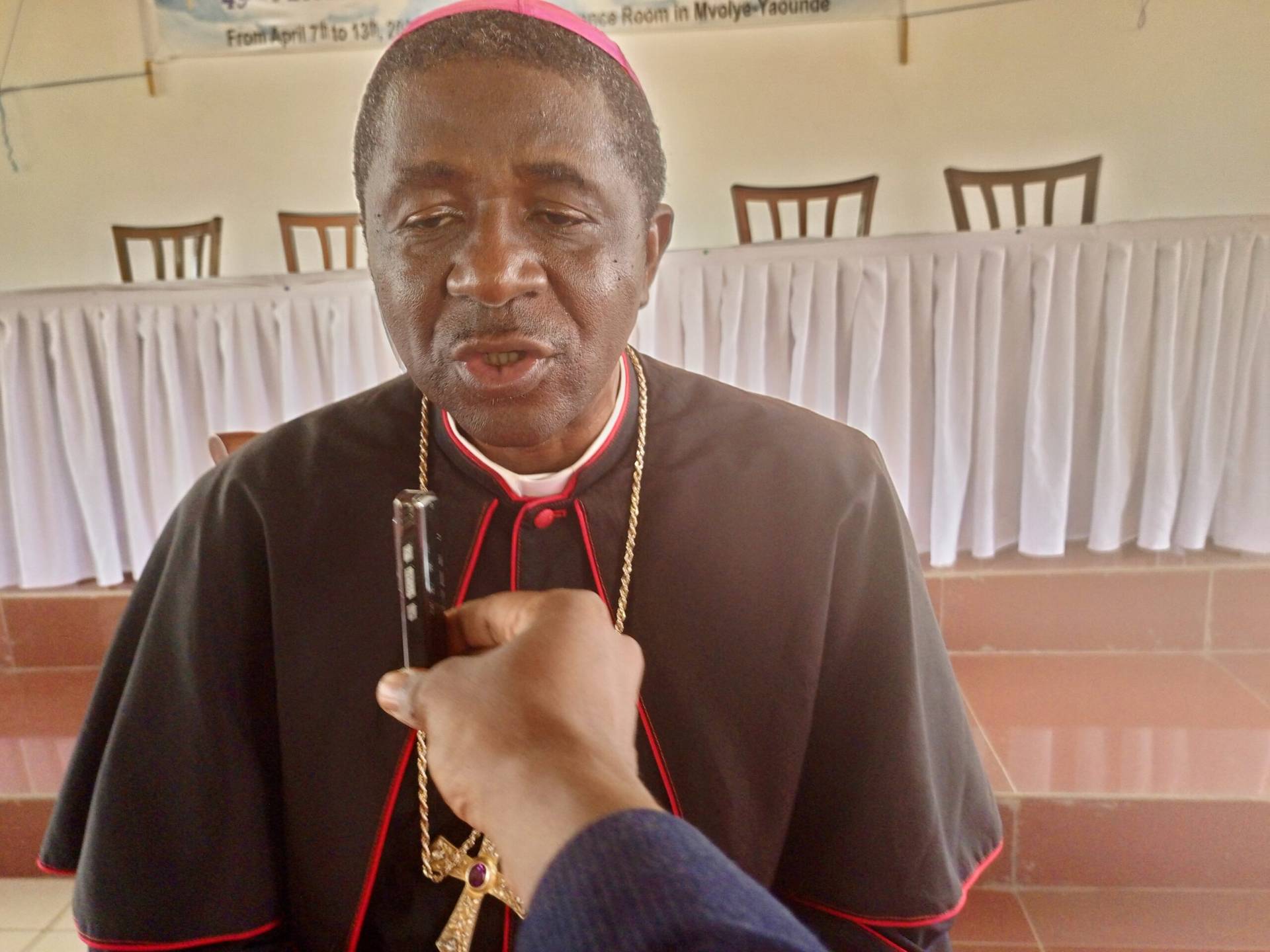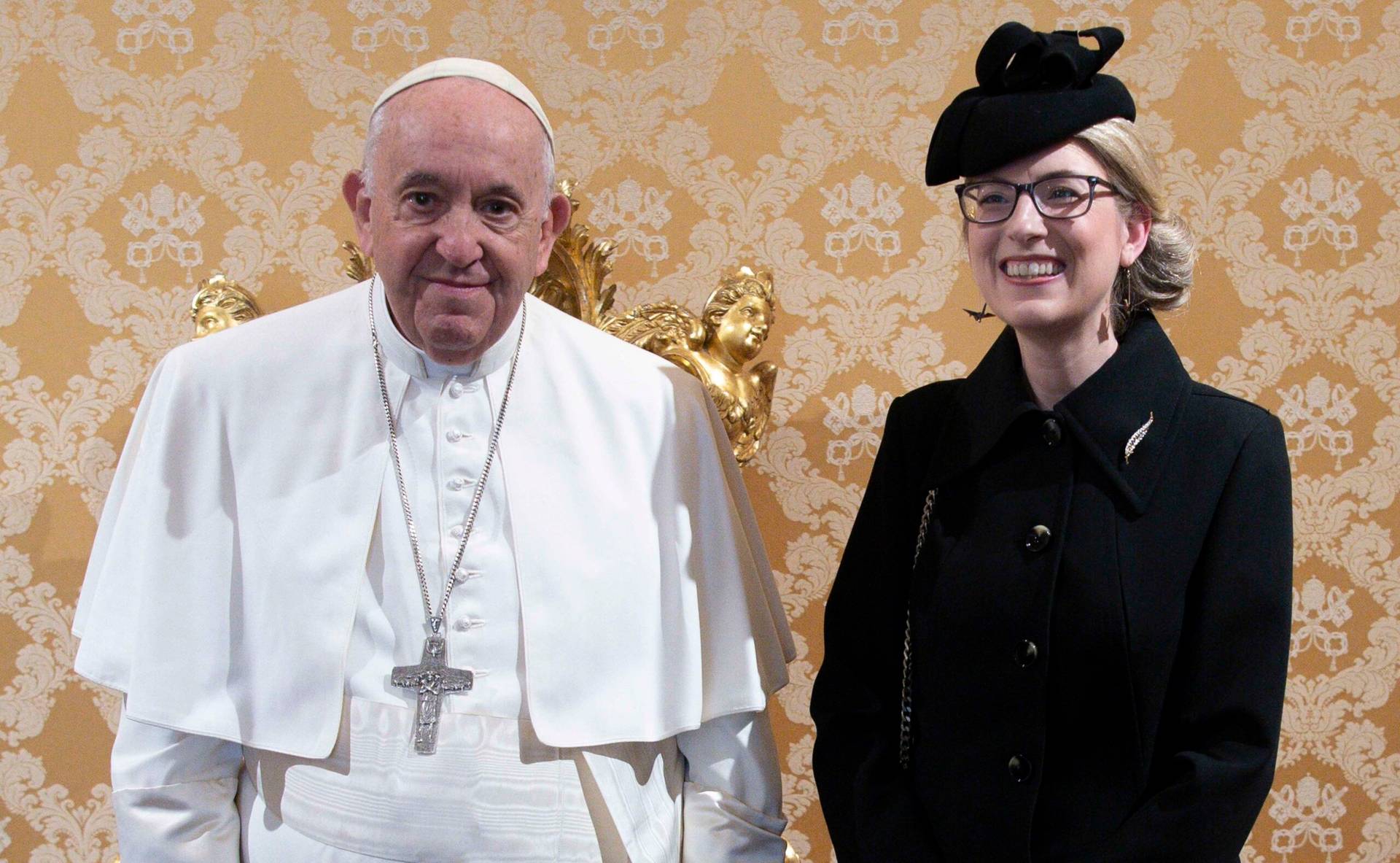ROME— Since the release of Amoris Laetitia, bishops and cardinals around the world have offered their own guidelines and interpretations of Chapter Eight, which deals with what the Catholic Church calls “irregular” situations, particularly divorced and civilly remarried believers who want to access the sacraments of Confession and Communion.
One of the latest voices to join the ongoing debate is Italian Cardinal Francesco Coccopalmerio, head of a Vatican office that interprets Church law, who released a short book, in Italian only, called The Eighth Chapter of the Post-Synodal Apostolic Exhortation ‘Amoris Laetitia’.
RELATED: Vatican’s legal chief says desire to change enough for Communion
Speaking to Crux on February 17, Coccopalmerio, appointed by Pope Benedict XVI in 2007 as President of the Pontifical Council for Legislative Texts, said the book was his idea, written last July and abandoned in a desk drawer until recently, when he decided to publish it because he thought “it could be useful as a reflection.”
“Many speak about this argument, in favor or against [Communion for the divorced and remarried], and I thought it could be useful for common reflection,” he said.
According to Coccopalmerio, the summary of the doctrine and pastoral praxis when it comes to Amoris Laetitia is the following: “A member of the faithful finds herself [or himself] in a non-legitimate situation, and the first marriage is valid and indissoluble. Yet the person is conscious of the wrongness of the situation, has the desire to change it but can’t because it would hurt innocent people, such as the children. It’s my belief that this situation, with these elements, allows access to the sacraments.”
The presence of those elements has to be confirmed by a Church authority, he said, meaning a priest, “who knows well the life of these people.” Consulting with the local bishop, he added, is desirable, even if not strictly necessary, because the two should dialogue and have a “common solution.”
Asked if this interpretation applies also to gay couples who live together, some civilly married too, Coccopalmerio said that it’s “clearly” not the same situation because for Church teaching and doctrine, “it’s not a natural condition. We can accept them, welcome them, accept their decision, but it’s not [the same].”
Regarding the many interpretations Amoris has generated, the cardinal said that there’s no doctrinal confusion in the apostolic exhortation. If anything, the document is “too long,” which makes it hard for people to “want to read it.”
The eight chapter, Coccopalmerio continued, has created “some confusion” because it includes many elements. “If you want to have every element present in the text, it necessarily becomes, I wouldn’t say confusing, but at least not so simple, not so clear.”
With his 51-page long book, the cardinal wanted to offer “a simplification.”
“Some people have spoken about doctrinal confusion, but no,” he insisted. “If we can speak of confusion, it’s due to the abundance of issues present.”
Despite the fact that American Cardinal Raymond Burke, who like Coccopalmerio is an expert in Church law, is among those who have said Amoris is confusing and has threatened to “formally correct” the pope if he didn’t answer a set of yes or no questions he and three other cardinals presented, Coccopalmerio doesn’t believe there’s widespread confusion among Church law experts.
“Cardinal [Lluís] Martínez Sistach has the same conclusions that I do. It’s a spiritual, psychological matter, a desire for more clarity. It’s not in the doctrine … it’s hard to explain. It’s a matter of a person’s structure, not scientific, legal preparation,” he said.
Spaniard Martínez Sistach is the archbishop emeritus of Barcelona, Spain. He too has a short book on the papal document, How to Apply Amoris Laetitia, available in Spanish and Catalan.
In his book, the Spaniard wrote that discernment in the cases of divorced and civilly remarried couples must consider aspects of the previous marriage and the new union.
According to Martínez Sistach “if at some point, the interested, in conscience and before God,” finds that there is some circumstance that makes subjective imputability not applicable to the objective situation of sin, one can access the sacraments.
Coccopalmerio and Martínez Sistach are in line with what the bishops of Malta, Bishop Robert McElroy of San Diego, the German bishops and the bishops of Pope Francis’s Buenos Aires region have written in their guidelines for the pastoral application of Amoris Laetitia.
Their reading is at odds with what Bishop Steven Lopes, head of the Personal Ordinariate of the Chair of St. Peter, Archbishop Charles Chaput of Philadelphia, and the bishops of Canada’s Alberta and the Northwest Territory, have written.
RELATED: As recent guidelines show, ‘Amoris’ argument is far from over
In a recent interview with German magazine Rheinische Post, Cardinal Gerhard Müller, the Vatican’s doctrinal chief, said that local bishops cannot reinterpret Church teaching subjectively.
“I do not think it is particularly beneficial for each individual bishop to comment on papal documents to explain how he subjectively understands the document,” he said.
Müller also said that the “universally binding doctrine of the Church, formulated by the pope” can’t be given “different and even contradictory regional interpretations. The basis of the Church is the unity of faith.”
In his interview with Crux, Coccopalmerio also spoke about the criticism of Pope Francis, which is getting more visible with posters plastered throughout Rome and spoof versions of the Vatican’s newspaper being distributed.
“There’s always opposition … when there’s something new, those who think one way have a negative reaction,” he said. “If you live in a room with stuffy air and you open the window, some will appreciate the freshness of the new air, others will want the window closed because the air is cold.”
Yet when it comes to Francis, Coccopalmerio said, “the air, his doctrine, is pure, without a doubt very good.”
For those who are faithful to an archaic way of thinking or doing pastoral work, he said, “these novelties generate a reaction like the one to cold air.”

















